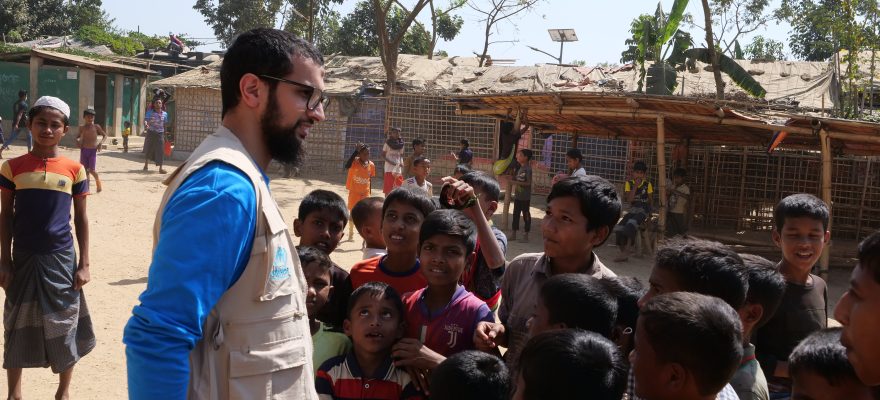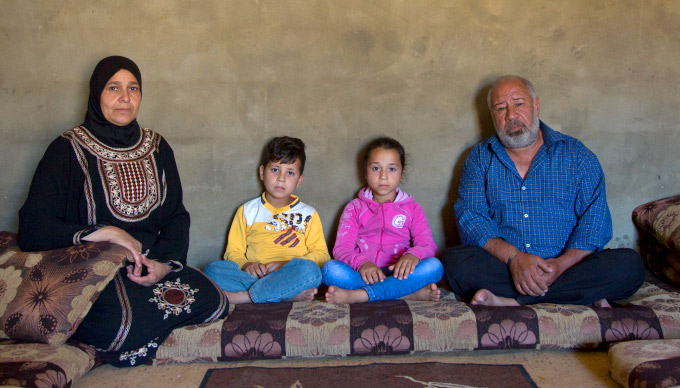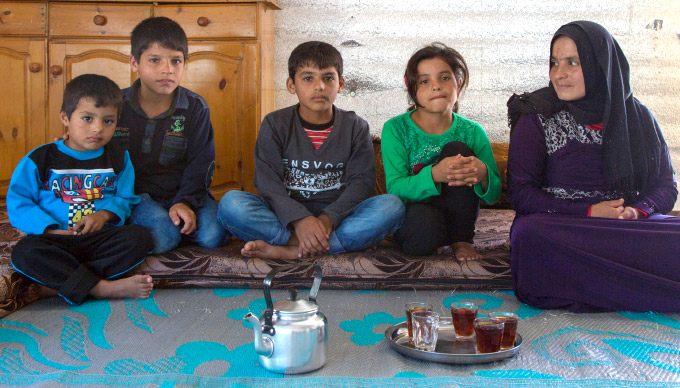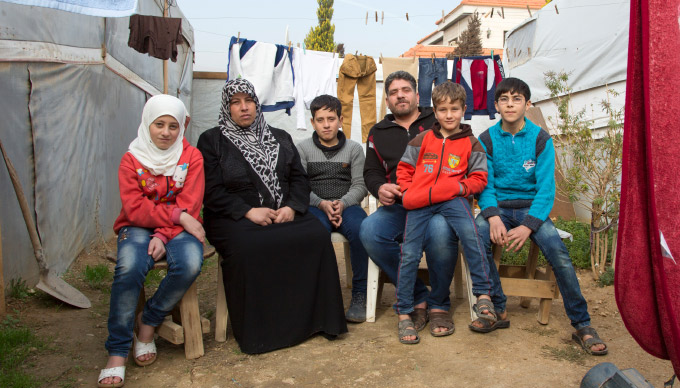This piece is written by UNHCR’s Islamic Philanthropy Officer, Mehdi Zidani. This April, I had the privilege to embark on a field visit to Chad. Our goal was to witness firsthand the urgent needs and garner more support for a situation that has been regrettably overlooked. We visited temporary settlements and several refugee camps in the eastern part of the country. Due to its central location near countries plagued by displacement crises, Chad has become a sanctuary for people fleeing …
Author: Mehdi Zidani
As an Islamic Philanthropy officer at UNHCR, I recently had the opportunity to visit the Kutupalong refugee camp in Bangladesh, the largest in the world, to ensure the compliance of UNHCR’s Zakat distribution activities. It was a humbling and emotional experience, one that left a deep impression on me. The Rohingya refugees I met had endured so much, and it was hard hearing the terrible stories of their displacement journeys. Despite all of this suffering, they still managed to smile …
In the context of refugee crises, over 50% of refugee and internally displaced families are in debt. After losing their homes and possessions, and exhausting their savings, many are forced to incur debt to survive and pay for shelter, food, medication and education for their children. In addition, the time that many refugees or internally displaced persons (IDPs) spend away from their homes usually spans over years. Take the example of today’s biggest refugee crisis: Syria. The crisis has been …
The word “ghareem” comes from the word “ghurm”, which means debt. The gharem is a person in debt, which is clearly stated in the Quran as an eligible category to receive Zakat. Therefore if a person has a debt, and cannot pay it back, he/ she can receive the amount needed to pay back the debt. All scholars agree that the person that has the means to repay his debt is not eligible to receive Zakat. If the person can …
The Quran [9:60] makes it clear that the “fuqaraa” (the poor) and “masakeen” (the needy) are eligible to receive Zakat. Therefore there is no difference of opinions between Islamic scholars on the legitimacy of these two categories to receive Zakat. However scholars have differed on the meaning of “fuqara” and “masakeen”. What these terms mean precisely? Which one of the two is the most in need? And what is the difference between both? We have received these questions from a …










Social Profiles